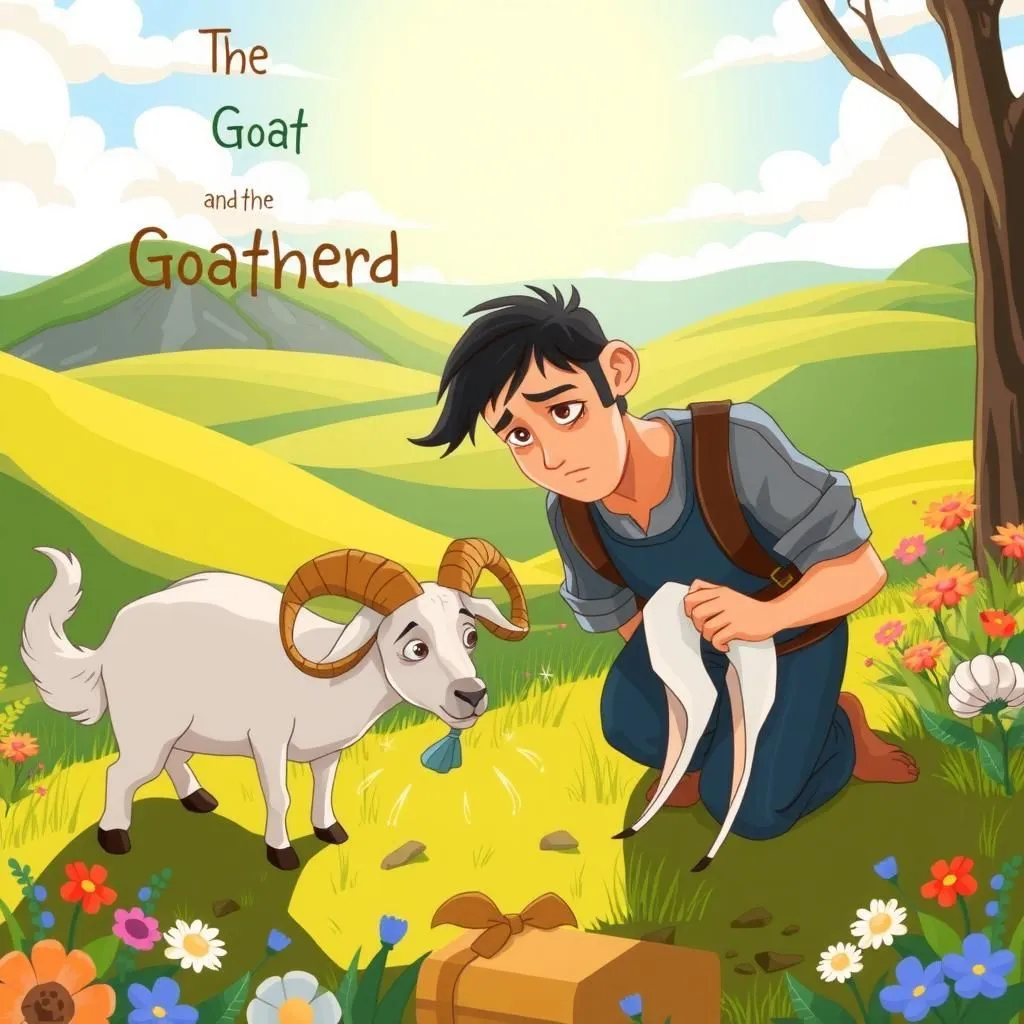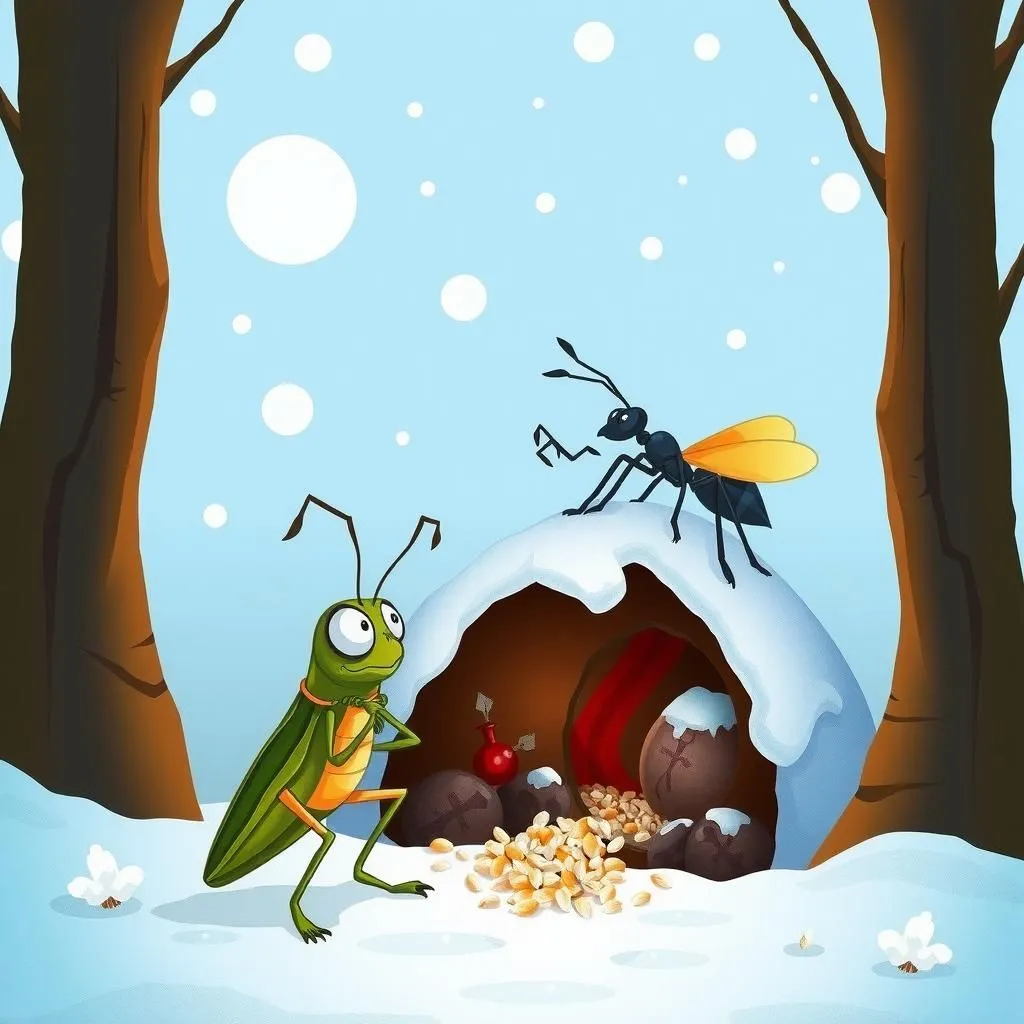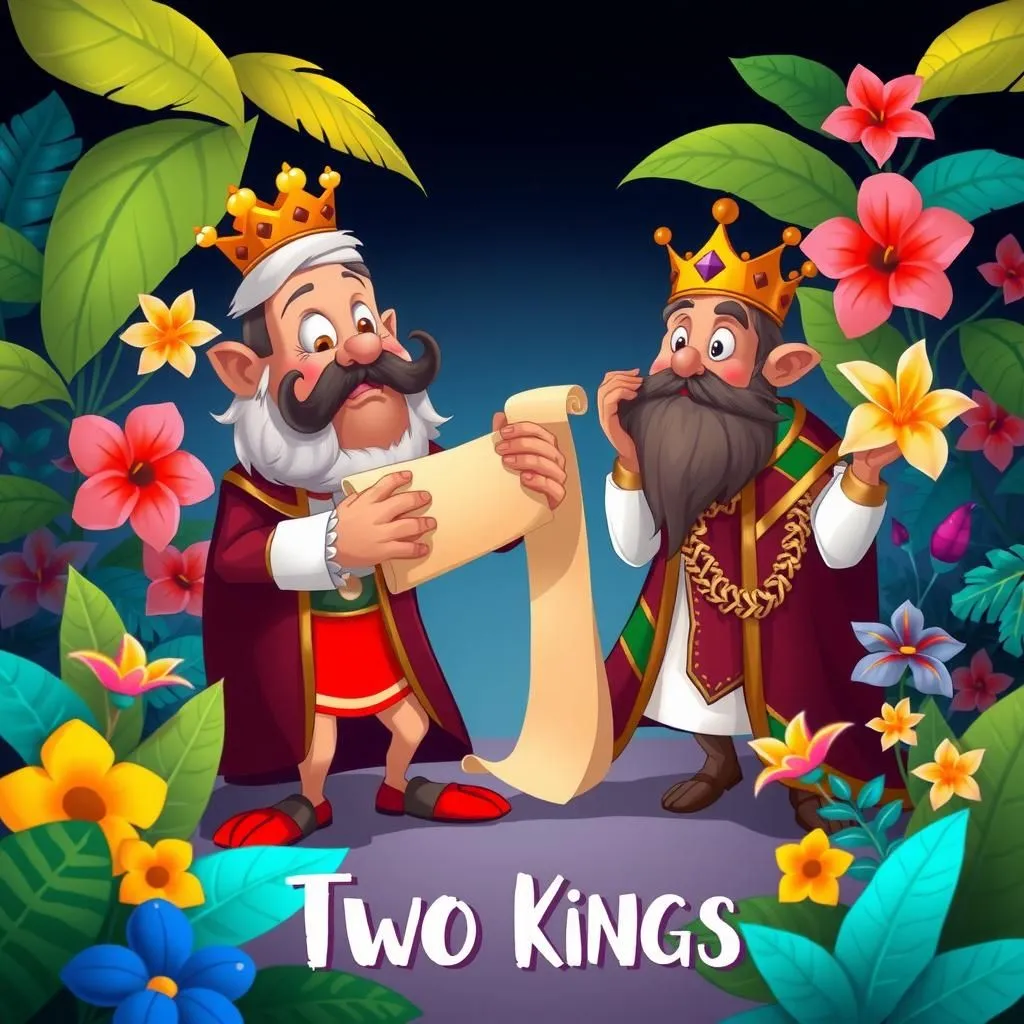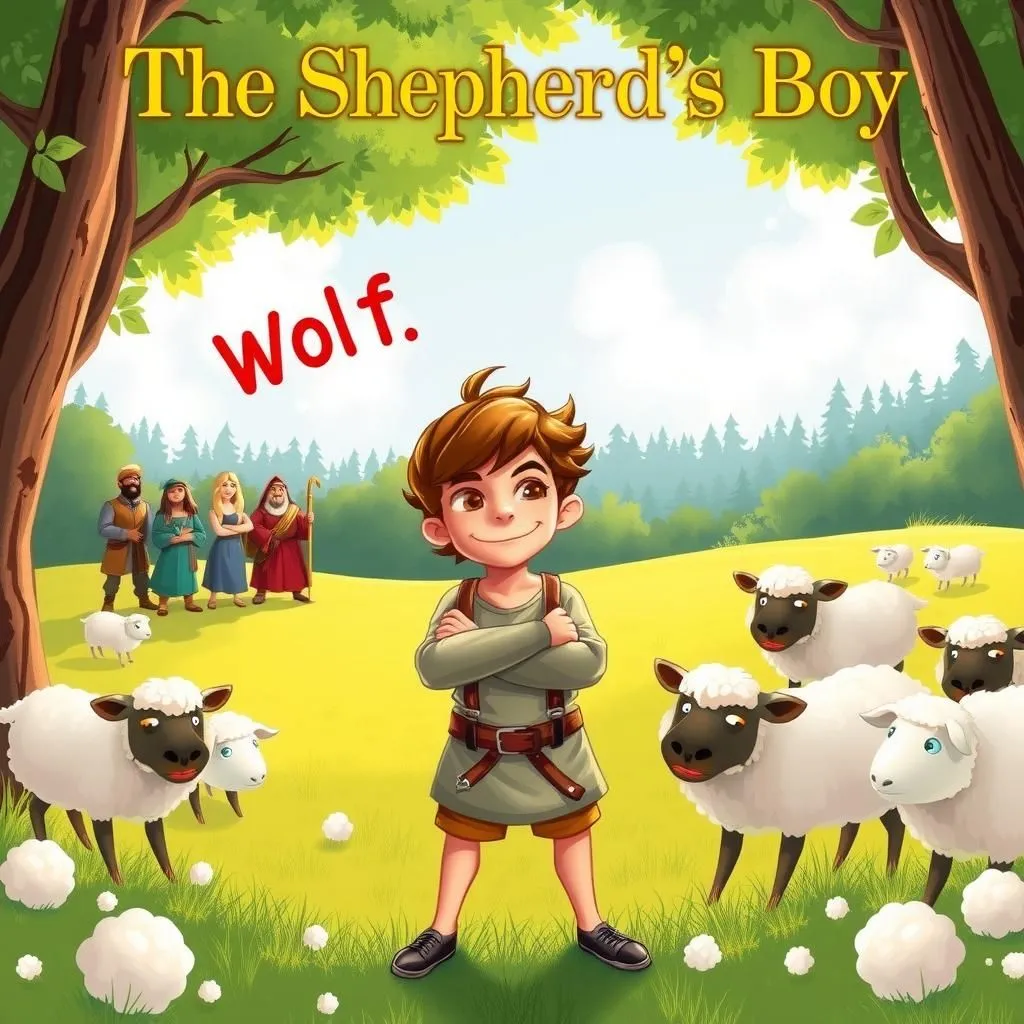
The Goat and the Goatherd
In "The Goat and the Goatherd," a goatherd's attempt to retrieve a stray goat culminates in the accidental breaking of its horn, leading him to plead for silence. However, the goat wisely reminds him that the broken horn will reveal the truth, illustrating a culturally significant moral about the futility of concealing what cannot be hidden. This entertaining moral story serves as a thought-provoking reminder that some truths are inescapable.


